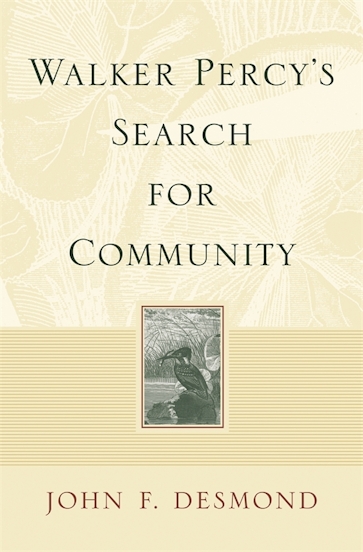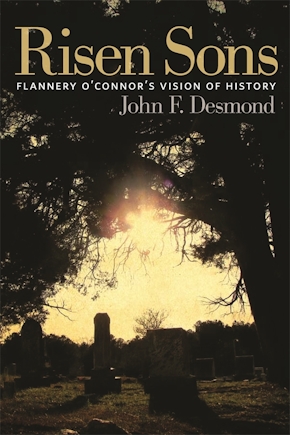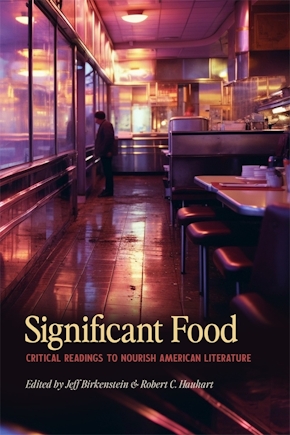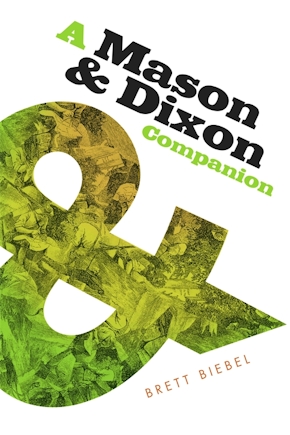Walker Percy's Search for Community
Title Details
Pages: 288
Trim size: 6.000in x 9.000in
Formats
Paperback
Pub Date: 11/01/2010
ISBN: 9-780-8203-3582-7
List Price: $30.95
Related Subjects
Walker Percy's Search for Community
Skip to
- Description
- Reviews
- Awards
In the first undertaking of its kind in Percy criticism, John F. Desmond traces—through Walker Percy's six published novels—the writer's central and enduring concerns with community. These concerns, Desmond argues, were grounded in the realism of such Scholastics as Aquinas and Duns Scotus—realism as updated by the semiotic theory of Charles Sanders Peirce, the American philosopher whose work Percy studied for more than forty years. Percy gleaned from Peirce the basic truth that humans are by nature relational beings, a truth reinforced by Percy's Catholic belief in mystical community.
Desmond shows how Percy's theosemiotic outlook shaped each of his novels, from The Moviegoer (1961) to The Thanatos Syndrome (1987), and provided a foundation for his analysis of alienation, his critique of scientism, and his vision of community. Percy's vision of community extended from the flawed social world of modern America and Western society to the mystical community beyond time and place prophesied in the Hebrew-Christian scriptures. This vision grew more explicit as Percy's novelistic career unfolded and was of a piece with the ideas developed in his many essays and in his "self-help" parable, Lost in the Cosmos (1983).
Percy saw himself as a witness to the collapse of scientific humanism in the face of consumerism, self-absorption, and violence. However, Desmond says, Percy also looked forward to a reconciliation of science, religion, and art. In one of his last public lectures, "The Fateful Rift: The San Andreas Fault in the Modern Mind," Percy called for a "new anthropology" based on a Peircean realism that accurately accounted for man's true nature as a wayfarer on a journey with others toward God. This call is echoed in the novels, in which, according to Desmond, Percy explores his vision of community "through representation of the shattered and deformed state of society and the searching of his protagonists, and through suggesting possibilities for healing their riven state."
John Desmond's Walker Percy's Search for Community is not only a significant contribution to literary scholarship, especially critical methodology; it is quite simply, in my estimation, the finest critical work to date on Percy's oeuvre, the fiction and the philosophical essays.
—John R. May, author of Nourishing Faith through Fiction
John Desmond has brought C. S. Peirce and Walker Percy together in a book that is, like the retiary work that the philosopher and novelist ply, a kind of semiotic web unto itself—coherent, expansive, well crafted, and interconnected.
—Gary Ciuba, author of Walker Percy: Books of Revelations
Desmond makes a lucid argument that Percy saw the Christian incarnation—the ‘mixing up of body and spirit’—as central to overcoming the solitariness of consciousness and opening the possibility of community.
—Choice
The most distinctive contribution to Percy scholarship in recent years . . . a depth and consistency that sets his study apart . . . clear and concise . . . [Desmond] is an excellent reader of texts and gives due attention to traditional questions of structure, voice, character development, and so forth, while keeping his primary concern with the semiotic constitution of community at force. . . . Desmond bridges this gap convincingly, and the scholarly conversation will be better for it.
—Mississippi Quarterly
Runner-up
Washington State Book Awards, Washington Center for the Book at The Seattle Public Library



